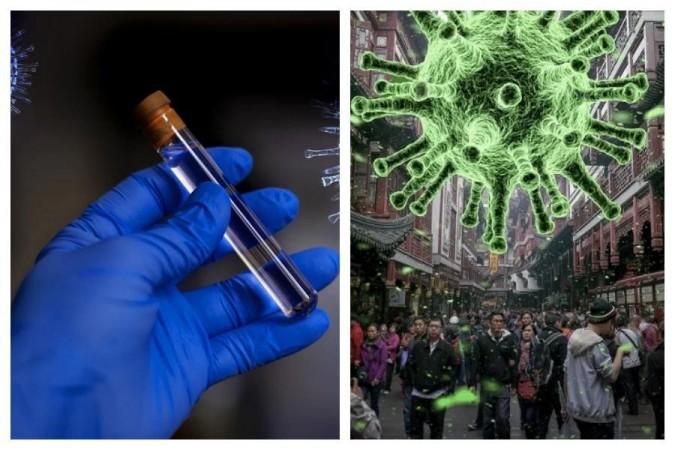
With COVID-19 cases and deaths spiking each passing day, all eyes are on the development of the vaccine for the deadly virus. While there are many researchers trying to find an effective vaccine for the contagion that has infected millions and claimed hundreds and thousands of lives across the world, Oxford's vaccine trials are showing promising results.
According to a report by BBC, trials for coronavirus vaccine by the University of Oxford are going the way they supposed to, giving hope to millions of people around the world. As per the findings published in the journal The Lancet, the Oxford vaccine is immensely promising. Early trials involving over 1,000 participants show injection developed by the researchers is making antibodies and T-cells that can fight coronavirus. Even though these are just preliminary trial results, it is certainly great news for everyone.
How does Oxford vaccine (ChAdOx1 nCoV-19) work?
Researchers at Oxford University are working tirelessly on the new vaccine, called ChAdOx1 nCoV-19, which is a genetically engineered virus that causes the common cold in chimpanzees. The genetic structure has been heavily modified to resemble the coronavirus so the immune system can learn how to attack it when injected.
The antibodies and T-cells are an effective part of the vaccine. T-Cells are a type of white blood cell, which trains the body's immune system to destroy infected cells. Antibodies are small proteins made by the immune system that stick onto the surface of the virus. Together, the effectiveness of the vaccines is improved to fight the virus.

"We're really pleased with the results published today as we're seeing both neutralizing antibodies and T-cells. They're extremely promising and we believe the type of response that may be associated with protection. But the key question everyone wants to know is does the vaccine work, does it offer protection... and we're in a waiting game," Prof Andrew Pollard, from the Oxford research group told the BBC.
The research findings showed 90 percent of the people in the study group develop neutralizing antibodies after one dose. Upon the success of this trial, the study will be expanded with more people taking part in the vaccine trial to test its efficiency on a larger scale with more variables. The report suggests more than 10,000 people will participate in the next stage of the UK trials, 30,000 people in the US, 2,000 people in Africa and 5,000 in Brazil.
When will the vaccine be ready?
Even though the researchers estimate the vaccine to be ready by the end of this year, it won't be widely available. When ready, healthcare and frontline workers will be given priority. The UK government has already ordered 190 million doses of different vaccines, of which 100 million are Oxford vaccine.








